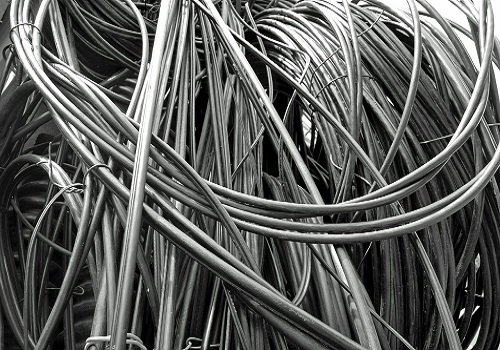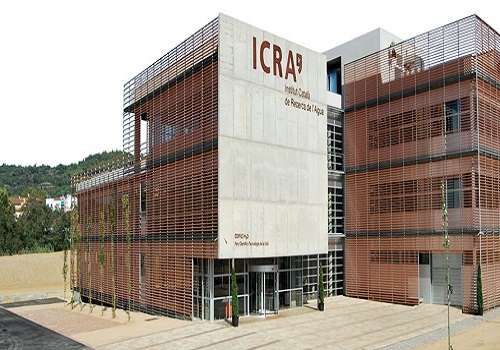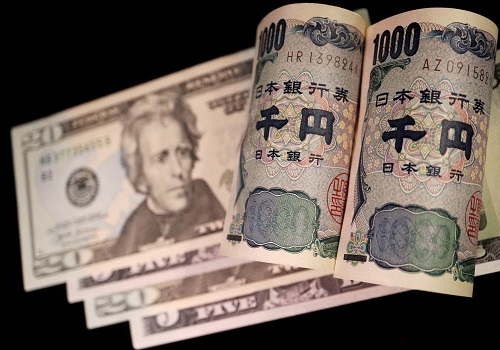Strategy Update : Promoters selling, retail (through MFs) buying by Kotak Institutional Equities

Promoters selling, retail (through MFs) buying
The trend of stake sale by promoters (majority shareholders) and PE/VC investors accelerated in 1HCY24, helped by a benign ‘exit’ environment. The ongoing sell-down is quite broad-based across sectors. The selling by promoters partly reflects strategic compulsions (business, debt reduction, MPS) in a few cases and tactical (exits by PE investors) considerations.
The selling trend continues
The trend of promoter stake sale transactions accelerated in 1HCY24. Promoters of 37 NSE 500 companies sold Rs874 bn (US$10.5 bn) in 6MCY24 (see Exhibit 1). This figure is the highest in the past five years and is on track to beat the figure of Rs996 bn (US$12.4 bn) in 2023, which was dominated by stake sales by Adani Group promoters in various Adani Group companies. Exhibit 2 gives company-wise data. Automobiles and components, diversified financial, insurance, IT services and telecommunication services sectors accounted for the bulk of promoter sales in 2019-24 (see Exhibit 3).
A range of reasons for promoter (non-PE) stake sale
We attribute various reasons to the acceleration in promoter (non-PE) sales, but note that the current bullish market conditions would not be a primary consideration for most promoters given the long-term investment horizon of promoters/founders. The key considerations include (1) business expansion, (2) compliance with minimum public shareholding (MPS) norms (Mankind), (3) debt reduction (Vedanta), (4) promoter family holding adjustments and personal considerations (Cipla, MM) and (5) strategic realignment of the interests of promoters (Bharti Airtel, Indus Towers).
A sharp increase in PE-VC exits; OFS dominate IPOs
PE/VC investors have made exits through both the primary (IPOs) and secondary (block deals) market routes. PEs have used bullish secondary market conditions to sell their stakes, either in full or in part (see Exhibit 4), which is entirely logical for them, given the limited period and nature of their investment mandates. We would note that OFS amounts have significantly exceeded fresh capital issuance amounts in the past few years (see Exhibit 5).
Decline in promoter holding; rise in holding of domestic investors
We would note that private promoter holding in the BSE-200 Index has declined to 38.8% in the Mar-24 quarter from 42.1% in the Dec-22 quarter, consequent to the large promoter sell-down. The combined holding of domestic investors (MF + BFI + retail) has increased by 80 bps to 23.5% in the Mar-24 quarter from 22.6% in Dec-22 quarter (see Exhibit 6). The holding of FPIs has declined to 20.5% from 21.4% over the same period. However, the changes also reflect large inflows into domestic equity mutual funds, which, in turn, have invested in ‘available’ opportunities, including promoter stake sales and PE exits. Exhibit 7 shows the change in ownership pattern of companies with significant promoter and PE sell-downs.
Above views are of the author and not of the website kindly read disclaimer

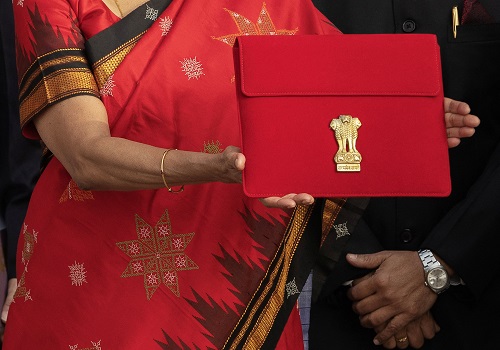

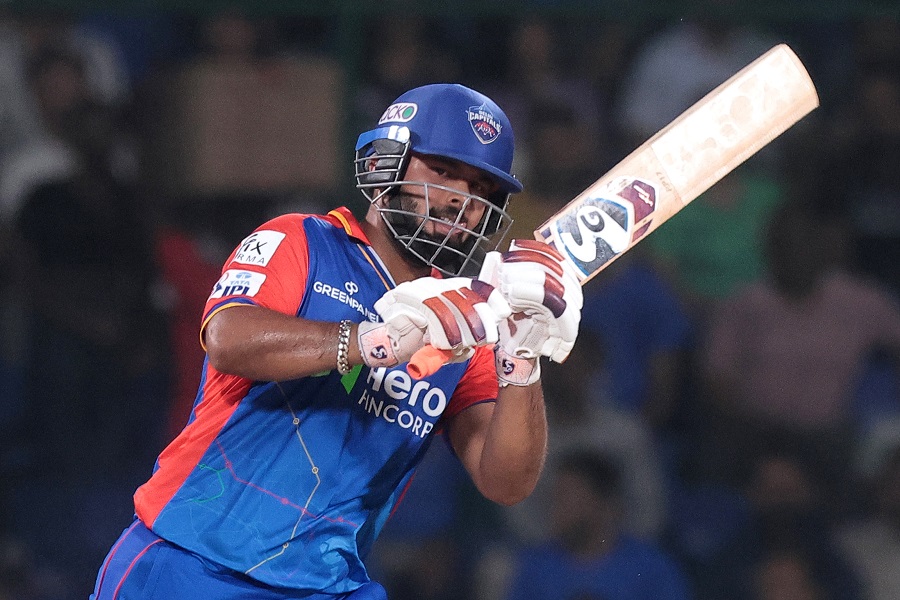




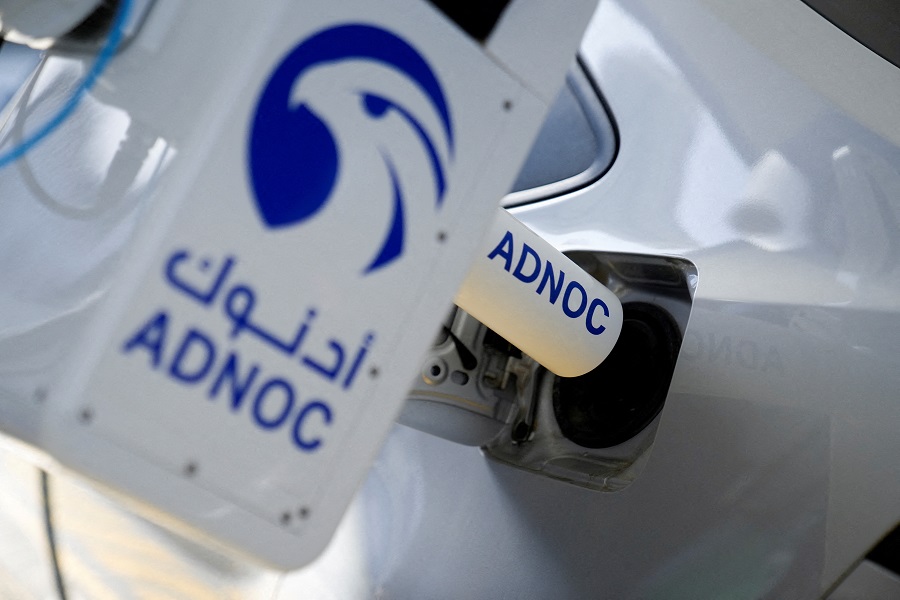

Tag News
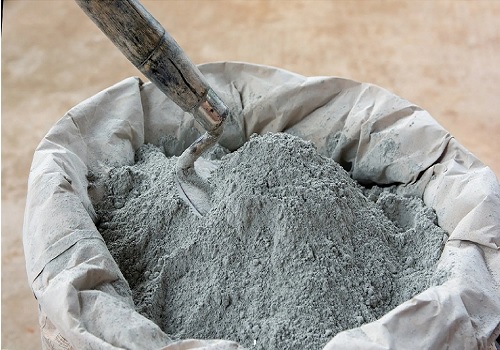
Cement Sector Update : Weak print, yet gradual recovery aligns with expectations by Motilal ...


